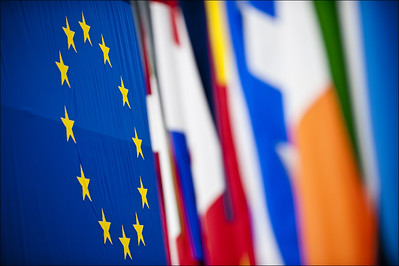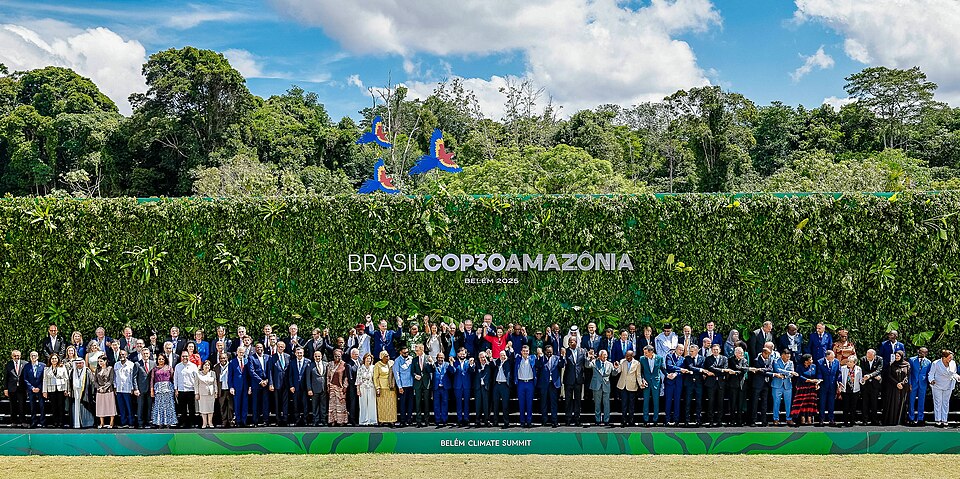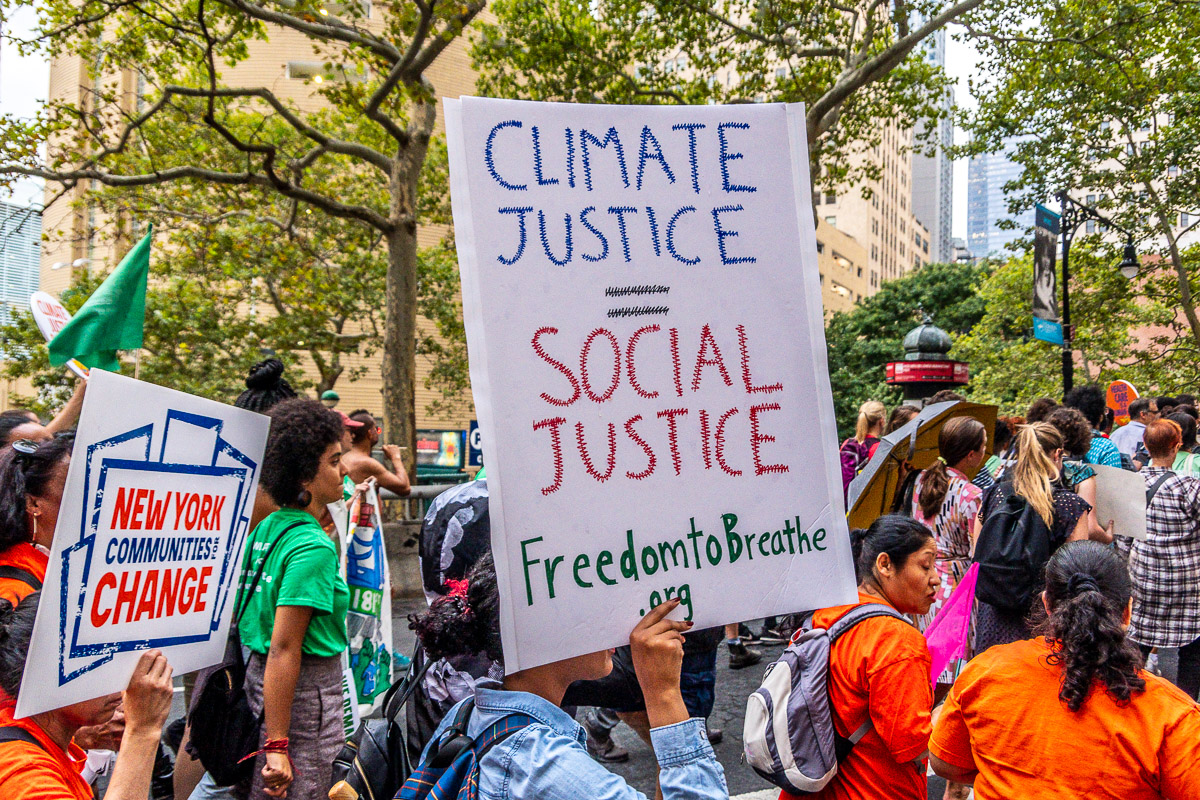In a network of currently around 50 territorial initiatives from Palermo to Trieste, farmers, students, artisans, artists, political activists and cooks in Italy are organizing themselves in the fight for food sovereignty and self-determination. It is a fight for the free processing of peasant food, for the establishment of local, inclusive assembly democracies and participatory guarantee rules—against state and European policies in favor of the large food industry. Originating from an alliance of critics of the global marketing of agricultural and food culture and left-wing autonomous Centri Sociali (cultural centers that mostly emerged from occupations), Genuino Clandestino has been implementing anti-capitalist practice in local economic cycles since 2010, overcoming the separation of city and countryside, showing solidarity with the struggles of migrant workers and demanding land as a common good.
Genuino Clandestino is a movement of civil disobedience that seeks neither a fixed identity nor legal or institutional recognition, but rather is proudly subversive. It understands interrelationships and open communities as an ongoing political act. In their manifesto, members write as a central demand the right to freely process peasant food, which has been expropriated by a neoliberal system. The document reads, “Anyone who recognizes themselves in the principles of this manifesto can disseminate it and use it to justify their actions”. In this respect, Genuino Clandestino goes far beyond the representation of small farmers’ interests, but practices a new social model of exchange relations, responsible cooperation and activist public relations. Genuino Clandestino propogated in the cities of Bologna, Rome and Naples and then found nationwide resonance among small peasant producers, craftsmen and do-it-yourselfers, as well as other precarious workers (such as artists). The language of the network is a radical, utopian-activist one, capable of transcending generations. Their public spaces are small markets in the cities.
Giovanni Pandolfini, who has been involved with the Genuino Clandestino network since its beginnings over ten years ago, himself cultivates four hectares of land near Montespertoli in Tuscany. If he were to cultivate this small plot of land in line with market requirements, i.e., for the food industry, he would be able to grow one or two varieties of vegetables, cereals or fruit at most in order to produce enough for the market. Instead, he keeps two cows, eleven sheep (which produce 20 liters of milk a day) and grows various plants. Until 2016, he sold his produce at a monthly farmers’ market and collaborated with buying groups run by the Associazione di Solidarietà per la Campagna Italiana. He then managed to initiate a Florentine chapter of Genuino Clandestino with a few colleagues and structure it in such a way that they were able to host the first market in San Freddiano in 2017. “Thanks to Genuino Clandestino, we have succeeded in unleashing the fantasy of a possible other life,” he says today.
In practical terms, for him and the other now almost 50 activists in the Florentine network, this means more work and work that connects. Meetings are convened twice a month to discuss political and organizational issues (markets, solidarity actions, discussions, etc.) and technical and practical issues (seeds, prices, water, soil, mutual support). The producers meet twice a week at the public markets, on Fridays from 3 pm in Piazza Tasso in San Freddiano and on Mondays in Gavinana – including subsequent cleaning of the squares. There are also numerous other meetings on the farms with customers, colleagues and interested parties to exchange ideas and assess product quality together. They continue to activate a network of solidary relationships and exchange. With their presence at the markets, they not only generate income, but also carry out political work between the city and the countryside. The network in Florence, named after the farmer Jerome Laronze who was shot dead by a police officer in France in 2017, organizes demonstrations in the city center, collaborates with striking workers and autonomous trade unions, with Fridays for Future and, among others, with Mondeggi Bene Comune, a collective that occupied a farm that was up for sale and now manages it communally. Free scuole contadine (farmers’ schools) are organized here and the farmers’ radio station Wombat is run by the colective. While the Genuino Clandestino markets in Florence have so far successfully asserted themselves in a social environment of solidarity, new initiatives face more difficulty. in Pistoia, the municipality refused the network a public space in the city center. They instead gather on Saturdays in the outskirts next to an ARCI (network of self-managed former worker’s recreational facilities), offering vegetables, cereals, flour, fruit, bread, honey and home-baked goods.
Since the 1960s, the Italian state has been the sole guarantor of food health. At the same time, in 1964 the feudal mezzadria system of land management that prevailed in many parts of the country was banned. It allowed small farmers with 5 to 15 hectares of land to remain independent if they gave the large landowner half of their yield. With the end of mezzadria, many farmers had to leave the land. In the last 20 years, two million farms have been abandoned in Italy. The land has been sold to large-scale entrepreneurs or to investors who do not work the land at all, but can still pocket the EU’s land subsidies
(Incidentally, the Catholic Church is still the largest landowner in Italy to this day). In Tuscany there were still 52,146 farms in 2010, ten years later there were only 20,540. Farmers with less than 10 hectares of land were the most likely to give their property up. The abandonment of small-scale land cultivation has immense consequences for the ecosystem in the form of land degredation and wildfires. From 2010 to 2020, the olive harvest fell by 15.7 % and the chestnut harvest by 75 %. The meadows on the mountains have become overgrown by 50%. 60% of farmland is now cultivated by 10% of farms.
In traditional agriculture, the processing of rural raw materials, i.e. the transformation of milk into cheese, grapes into wine, grain into bread, the fermentation of meat and vegetables, was an essential part of self-sufficiency. But this value-added production was ended, expropriated, with the introduction of the state monopoly on food quality. Farmers now only supply basic products at the lowest cost. Those who do not meet the standards of the food industry are not allowed to offer food outside the private sector. Biodiversity and the ecological transformation of agriculture are not possible without the reappropriation of farmers’ food sovereignty, concludes Giovanni Pandolfini. Genuino Clandestino is an alliance that aims to reshape the use of urban and rural spaces on the basis of practices such as self-organization, solidarity, cooperation and care for the land.
Instead of national and EU standards, Genuino Clandestino practices autocertificazione participata, a participatory self-certification. To this end, producers and co-producers (i.e. consumers) meet again and again and guarantee the quality of what is offered on the markets by exchanging knowledge, mutual education and assistance. The participation guarantee is a transparent self-regulation that generates community, actively involves people in the food and distribution chain and creates trust. Anyone who participates in the Genuino Clandestino markets must take part in these assemblies. This process is not legally recognized. It is legitimized by collective agreement and solidarity. How many people are now active in the network? Giovanni Pandolfini answers: “We could be 500 or 5,000 or 50,000, but we will always be a thorn in the side of the system.”




